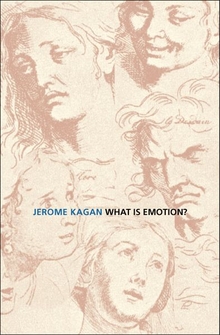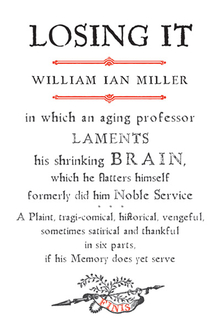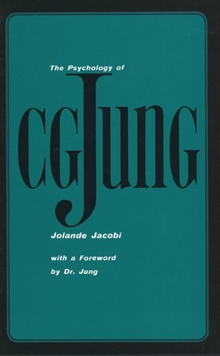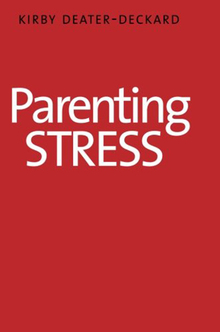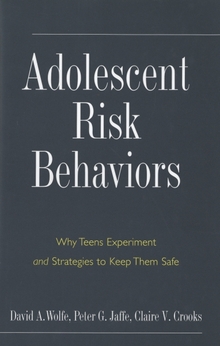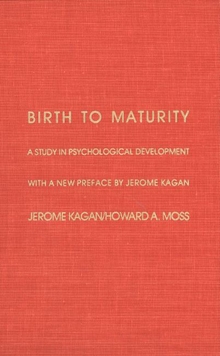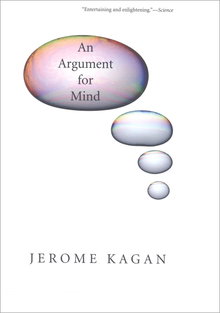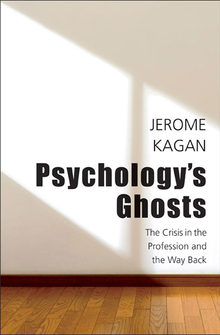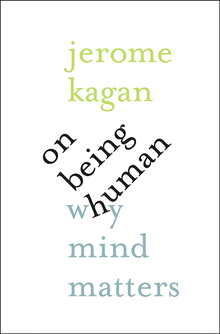What Is Emotion?
WARNING
You are viewing an older version of the Yalebooks website. Please visit out new website with more updated information and a better user experience: https://www.yalebooks.com
History, Measures, and Meanings
Jerome Kagan
What is an emotion? Can emotion be measured? How can we know if a person is experiencing an emotion?
In this sophisticated overview of human emotions, a widely respected psychologist and author addresses the ambiguities and embraces the controversies that surround this intriguing subject. An insightful and lucid thinker, Jerome Kagan examines what exactly we do know about emotions, which popular assumptions about emotions are incorrect, and how scientific study must proceed if we are to uncover the answers to persistent and evasive questions about emotions.
Integrating the findings of anthropological, psychological, and biological studies in his wide-ranging discussion, Kagan explores the evidence for great variation in the frequency and intensity of emotion among different cultures. He also discusses variations among individuals within the same culture and the influences of gender, class, ethnicity, and temperament on a person’s emotional patina. In his closing chapter, the author proposes that three sources of evidence—verbal descriptions of feelings, behaviors, and measures of brain states—provide legitimate but different definitions of emotion. Translating data from one of these sources to another may not be possible, Kagan warns, and those who study emotions must accept—at least for now—that their understanding is limited to and by the domain of their information.
Jerome Kagan is professor of psychology emeritus and former director of the Mind/Brain Behavior Interfaculty Initiative, Harvard University.
“Dr. Kagan’s book is chock-full of interesting and clever observations as well as novel insights. It is very different from other recent books on emotion and makes a definite contribution to the field.”—Lisa Feldman Barrett, Boston College
“Kagan’s erudition is rare, and his commentary on issues in emotion theory and research is interesting and controversial.”—Carroll E. Izard, University of Delaware
"Be prepared to read a brilliant, erudite, fascinating, and provocative work. Written by one of the few scholars who kept the study of emotion alive when once no one cared, this book tackles the results of the recent flood of emotion studies stemming from the "Affect Revolution." Professor Kagan's book is simultaneously a critical synthesis of fact and theory in contemporary emotion studies, and a controversial set of proposals for the future. This tome may be the author's most provocative and potentially impactful of his many books to date."—Joseph J. Campos, Ph.D., Professor of Psychology, University of California, Berkeley
"Just when it seemed impossible to say anything new about human emotions, Jerome Kagan provides us with a fresh perspective on one of psychology's foundational puzzles. Professor Kagan, whose productive career has been characterized by a razor-sharp intellect and at times contrarian stance, challenges investigators who are content to define emotions by their consequences and functions or constrain their study of emotions to events in the brain. Kagan believes we should stop wrangling about the definition of emotion and focus, instead, on what we can observe and describe . . . two things he had done as a research psychologist for half-century as well as anyone."—Peter Salovey, Dean of Yale College, Chris Argyris Professor of Psychology at Yale University
Publication Date: January 6, 2009
2 b/w illus.

